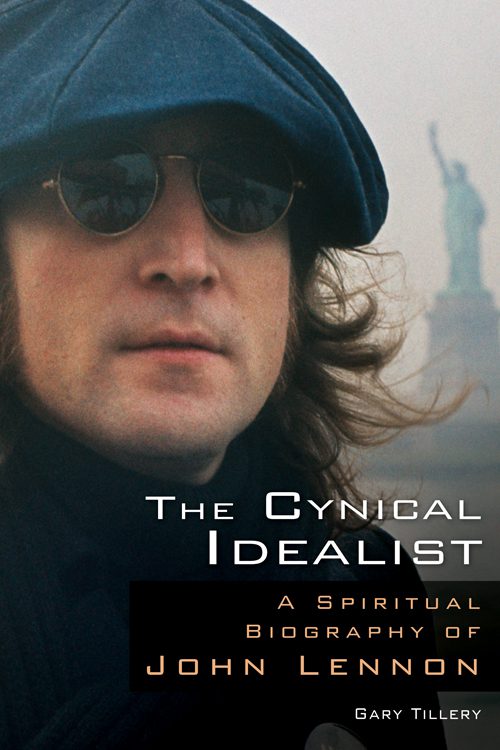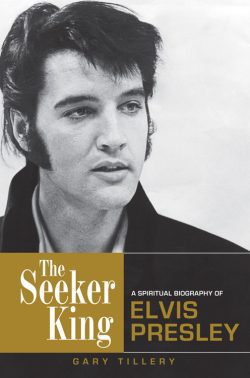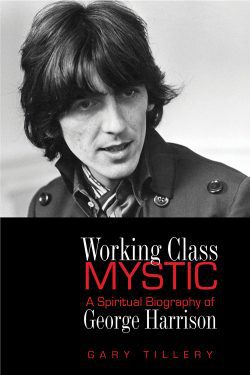The Cynical Idealist
A Spiritual Biography of John Lennon
Book Details
| Pages |
216 Pages |
| Size |
6 x 9 |
| Format |
Trade Paperback |
| Pub. Date |
12/01/2009 |
| ISBN |
978-0-8356-0875-6 |
| Publisher |
Quest Books
|
Authors
A native of the Southwest, Gary Tillery was born in Phoenix in 1947. In 1968-69 he served in Vietnam with the United States Air Force. His enlistment was over in 1970. After two decades in the business world, primarily as co-owner of an advertising agency in suburban Chicago, he turned his time and energy to his lifelong passion for literature and art. He published a collection of interrelated short stories set in Vietnam titled "Darkling Plain", and began a series of humorous novels featuring "soft-boiled" detective Jack Savage--the first two titled Death, Be Not Loud and To An Aesthete Dying Young. Tillery is also a professional sculptor. His most prominent work is the sculpture for the Vietnam Memorial in Chicago. He also created the bronze bust of Steve Allen for the Steve Allen Theater in Hollywood; and through his association with the Rotblatt-Amrany Studio he created, among other works, the life-size bronze of Luis Aparicio at U. S. Cellular Field.
A radio playlist could easily follow John Lennon’s “Mind Games” with “Do Ya Think I’m Sexy.” But comparing the two, it becomes obvious that Lennon had more in common with the great thinkers of any age than with the songwriters who were his contemporaries. Cynical Idealist reveals, for the first time, the spiritual odyssey of this extraordinary man. Out of a turbulent life, from his troubled, working-class childhood throughout his many roles — Beatle, peace advocate, social activist, househusband — Lennon managed to fashion a philosophy that elevates the human spirit and encourages people to work, individually and collectively, toward a better world. Like Socrates, Lennon wanted to stimulate people to think for themselves. “There ain’t no guru who can see through your eyes,” he sings in “I Found Out.” Cynical Idealist beautifully articulates this and the other lessons John Lennon passed along through his songs and through the example of his life.
Show more Show less
"The closest thing to a post-mortem sofa session. Lennon is sympathetically sliced and projected in the context of his time, leading to a sharp image of a spiritual man who became larger than life while feeling very small. Oh, and readable too." --Corjan de Raaf, Singer/Songwriter
"Like most creative people, John Lennon was a complex character, part well-meaning, often starry-eyed idealist, part leather-jacketed teddy boy, with much else thrown in to boot. Whatever your take on him, the thinking-man's Beatle was the first in a cadre of rock stars who used their celebrity as a force for good, anticipating later figures like Bono and Bob Geldof by decades. Lennon's ambivalent relationship with a number of self help/spiritual fads mirrored the shifting moods of more than one generation, and for teenagers like myself coming of age in the 70's, he was the conduit for a number of worthy causes: peace, women's rights, and the painful exploration of the self. Most books on Lennon focus on the skeletons in his closet. This one shows where his heart was." --Gary Lachman, Rock n' Roll Hall of Famer, former bassist for Blondie, and author of Turn Off Your Mind
"John Lennon will likely be remembered for two things: helping found the Beatles and writing the song "Imagine." Those accomplishments, however, only scratch the surface of a complex and fascinating life. Writer and artist Tillery explores Lennon's spirituality as it develops, beginning with childhood traumas, through his time with the Beatles, and finally, in his role as a social activist. Throughout his short life, Lennon fought many existential battles with himself and whatever he thought of as "God." To interpret Lennon's spiritual hunger, Tillery draws upon the work of Victor Frankl, the Austrian psychiatrist and WWII death camp survivor who wrote volumes on the importance of people finding meaning in their lives by focusing outward. The author characterizes Lennon as a loving man who, in the latter part of his life, was able to find some semblance of peace and to encourage others to do the same. Lennon searched for and sang about the truth, discarding religious indoctrination and accepted norms when they proved unhelpful. If this is Lennon's legacy, one could do a lot worse." --Publishers Weekly, Nov. 9, 2009



